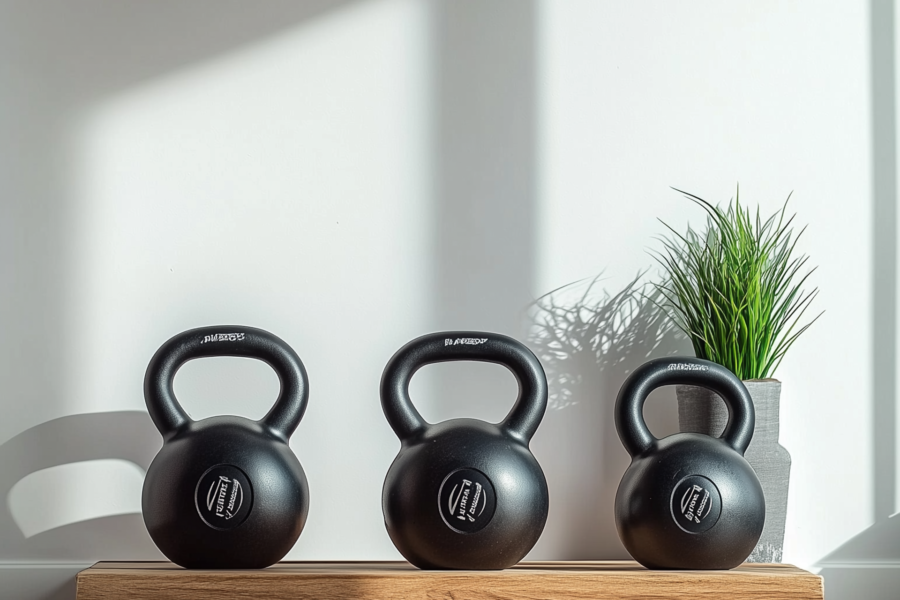Metabolism is the engine that powers your body, converting food into energy and driving every function from breathing to moving. While genetics and age play significant roles, there are simple, science-backed ways to give your metabolism a gentle nudge. Here are quick and easy strategies, supported by research, that women can incorporate into their daily routines to enhance their metabolic rate.

Drink Green Tea or Matcha
Green tea is not just a refreshing drink; it’s a metabolic booster. Studies show that green tea contains catechins and caffeine, which can temporarily enhance thermogenesis—the process by which your body burns calories to digest food and produce heat. According to a study published in the American Journal of Clinical Nutrition, drinking green tea can increase daily energy expenditure by about 4% (Dulloo et al., 1999).
Add Strength Training to Your Routine
Building muscle is one of the most effective ways to boost your resting metabolic rate. Muscle tissue burns more calories than fat tissue, even at rest. According to the Journal of Applied Physiology, strength training can increase your basal metabolic rate (BMR) by up to 7% over several months (Hunter et al., 2016).

Take a Cold Shower
Cold exposure activates brown fat, a type of fat that burns calories to generate heat. Research in Cell Metabolism suggests that exposure to cold temperatures can increase energy expenditure by up to 15% (van Marken Lichtenbelt et al., 2009).
End your showers with 30-60 seconds of cold water to stimulate calorie-burning brown fat.
Spice Things Up
Capsaicin, found in chili peppers, can boost your metabolism by increasing thermogenesis and fat oxidation. A study in Appetite found that consuming capsaicin can increase energy expenditure and reduce appetite, potentially aiding in weight management (Ludy et al., 2012). You could also try Ginger (I drink herbal tea). It contains which shares some similar health benefits, such as anti-inflammatory properties and the ability to potentially boost metabolism. Gingerol, like capsaicin, may also slightly enhance thermogenesis and fat oxidation, which can contribute to increased calorie burning.
Get Enough Sleep
Poor sleep can negatively impact metabolism and lead to weight gain. Research in Obesity Reviews indicates that insufficient sleep disrupts hormonal balance, reducing the efficiency of metabolic processes (Markwald et al., 2013). I personally saw the scale move for me when I started to get good quality sleep.

Final Thoughts
Boosting your metabolism doesn’t require extreme measures. Small, consistent changes can add up to big results over time. Incorporating these easy, science-backed tips into your lifestyle can help you burn more calories, feel more energized, and support your overall health goals.
Remember, metabolism is just one piece of the puzzle. Pair these strategies with a balanced diet, regular exercise, and stress management for the best results.

References:
- Boschmann, M., et al. (2003). Water-induced thermogenesis. The Journal of Clinical Endocrinology & Metabolism.
- Dulloo, A. G., et al. (1999). Green tea and thermogenesis. American Journal of Clinical Nutrition.
- Hunter, G. R., et al. (2016). Resistance training and resting energy expenditure. Journal of Applied Physiology.
- Ludy, M. J., et al. (2012). The effects of capsaicin and capsiate on energy balance. Appetite.
- Markwald, R. R., et al. (2013). Sleep and metabolic health. Obesity Reviews.
- Pereira, M. A., et al. (2013). Breakfast and metabolism. Public Health Nutrition.
- Pesta, D. H., & Samuel, V. T. (2014). A high-protein diet’s effects on metabolism. Nutrition & Metabolism.
- van Marken Lichtenbelt, W. D., et al. (2009). Cold-induced thermogenesis. Cell Metabolism.





Leave a Reply